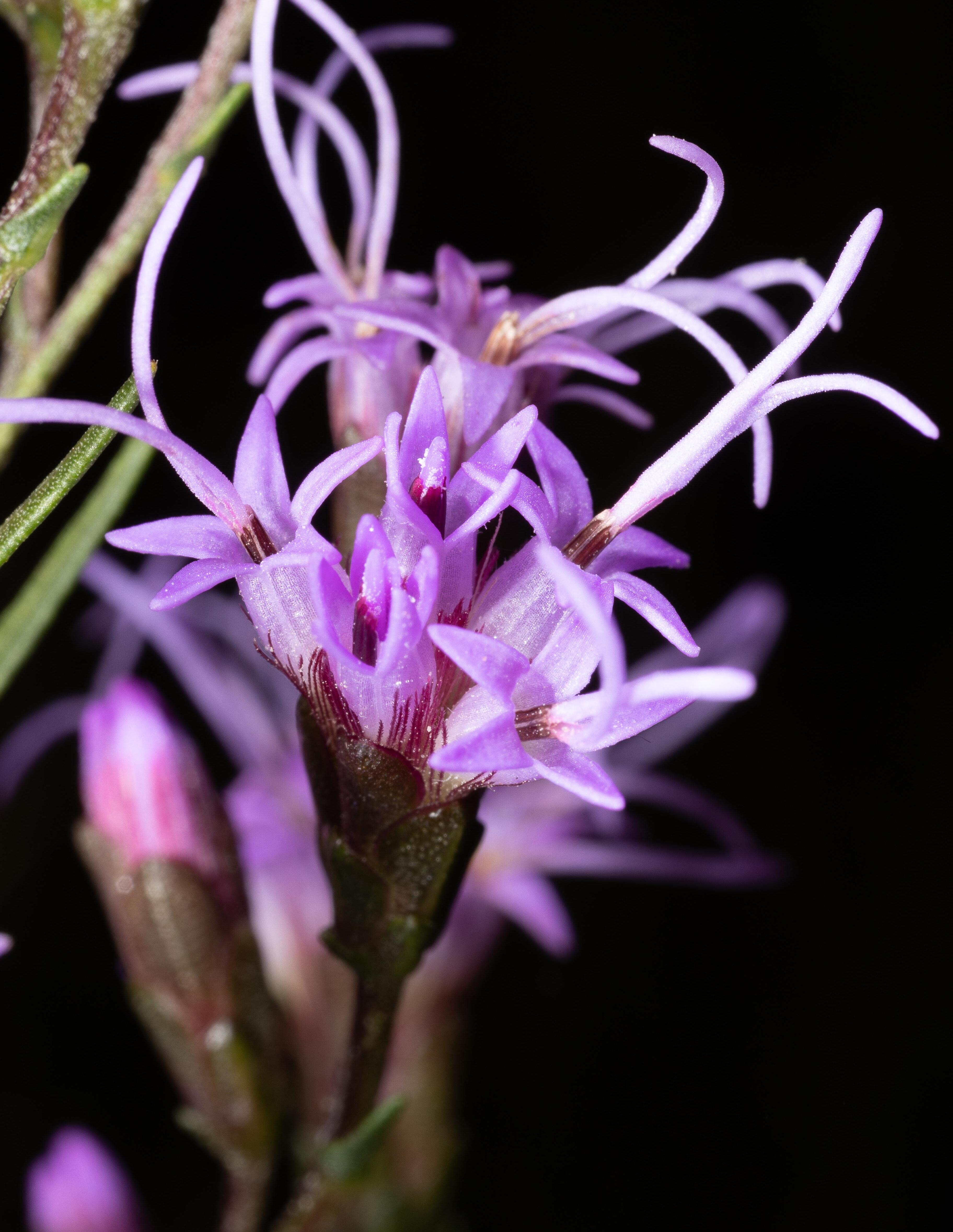SOUTHEASTERN CENTER FOR CONSERVATION
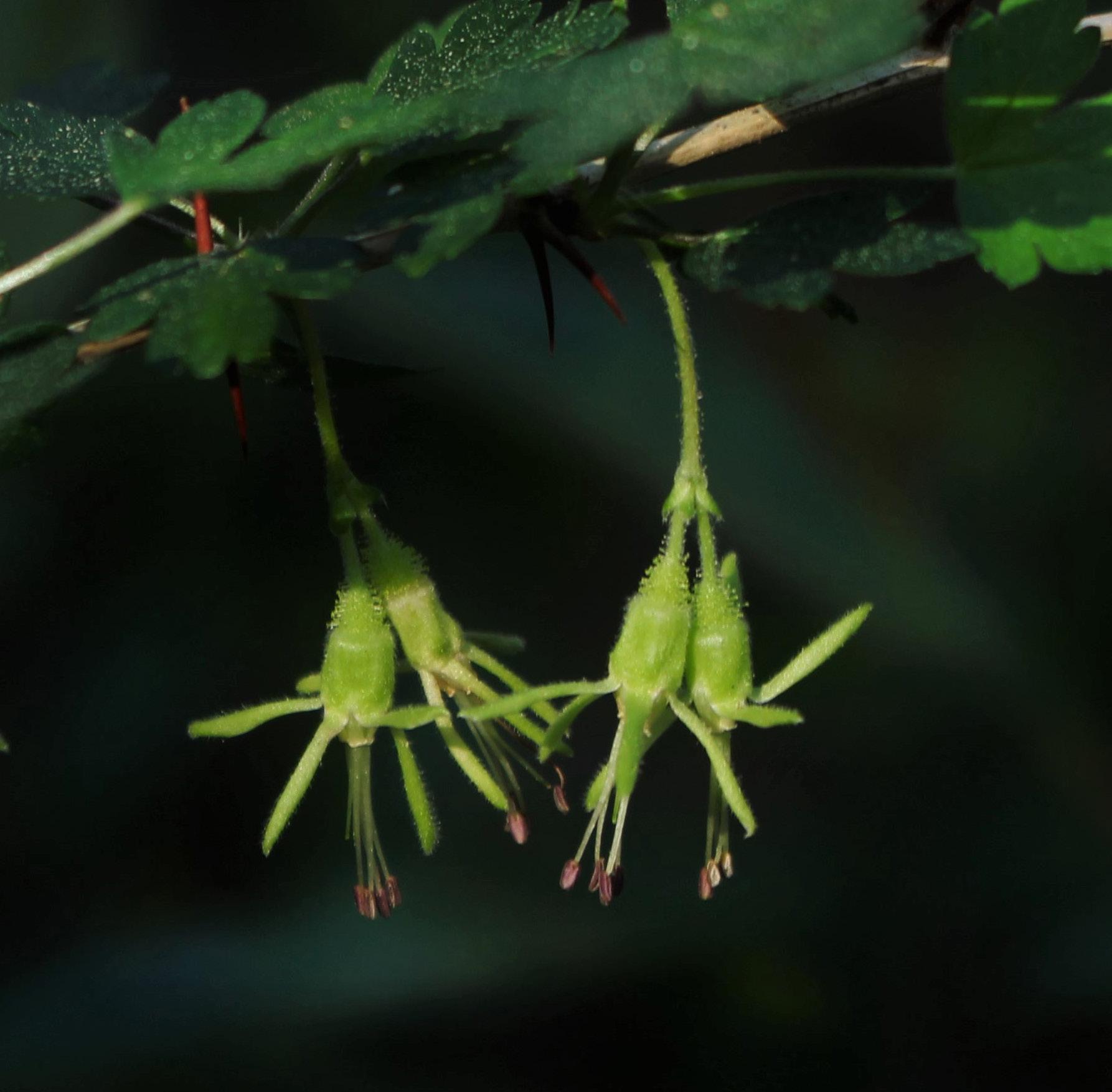
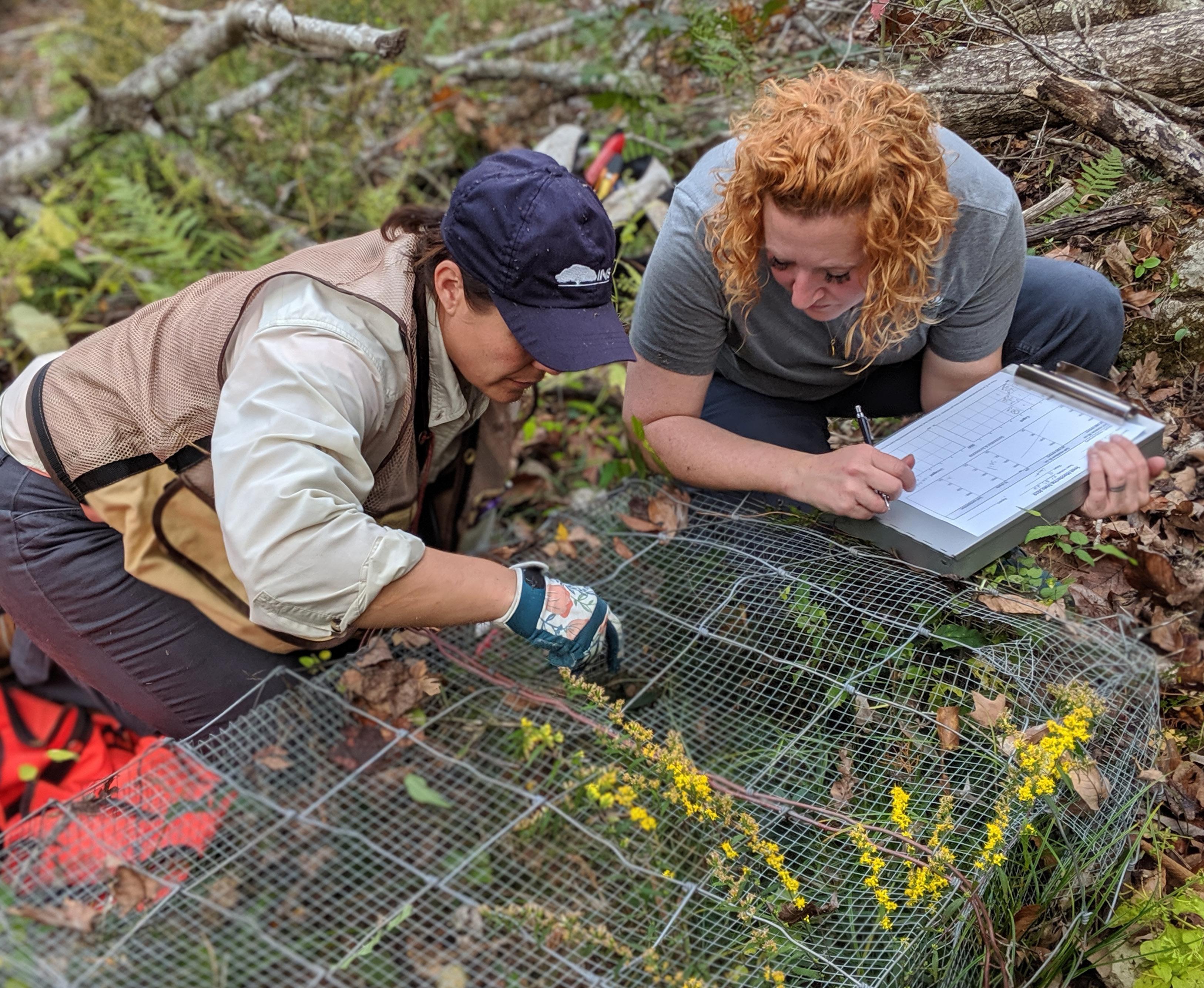
OUR MISSION
To lead innovative strategies and partnerships to conserve imperiled plants and natural communities.
The Southeastern United States is a biodiversity hotspot with more than 11,000 native plant species, 30% of which are found nowhere else in the world. However, 45% of plant species globally face threats like habitat change and loss, climate change, overgrazing by animals, competition with other plants, disease, and poaching.
The Atlanta Botanical Garden’s Southeastern Center for Conservation is fighting to help conserve rare and threatened plants worldwide, now and in the future.
OUR VISION
To become a regional, national and international hub for the conservation of rare plants and ecosystems, through conservation collections, interdisciplinary research, habitat restoration, educational outreach, and collaboration.

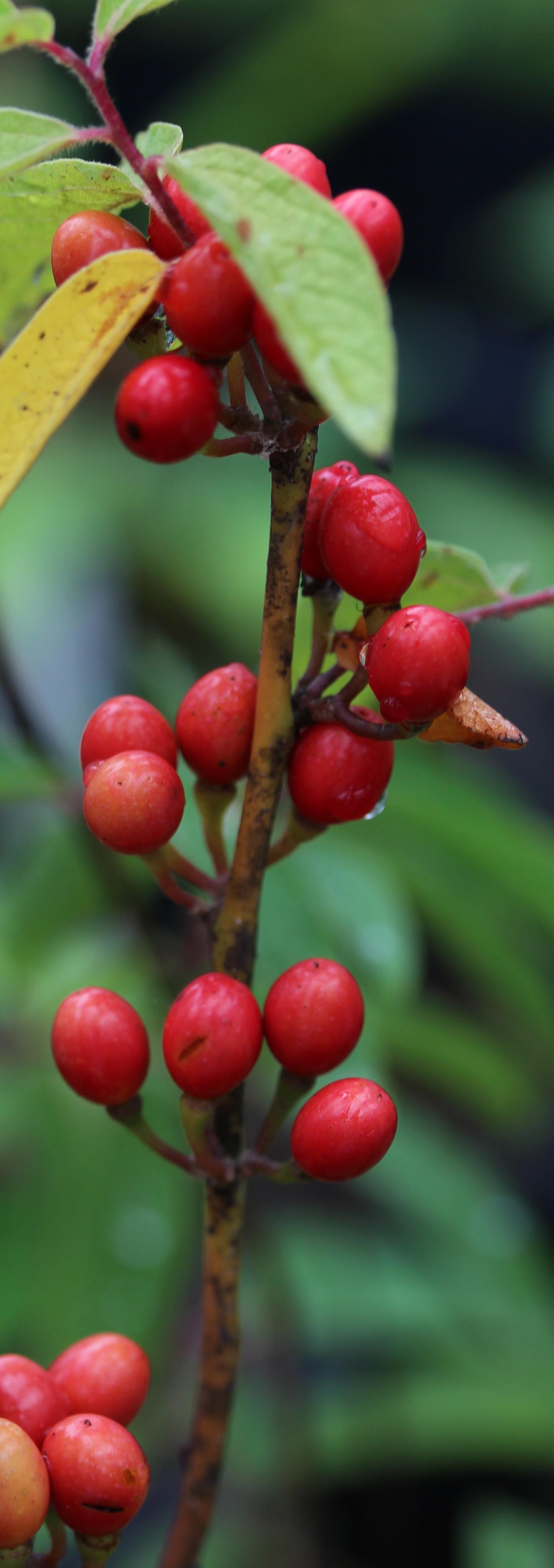
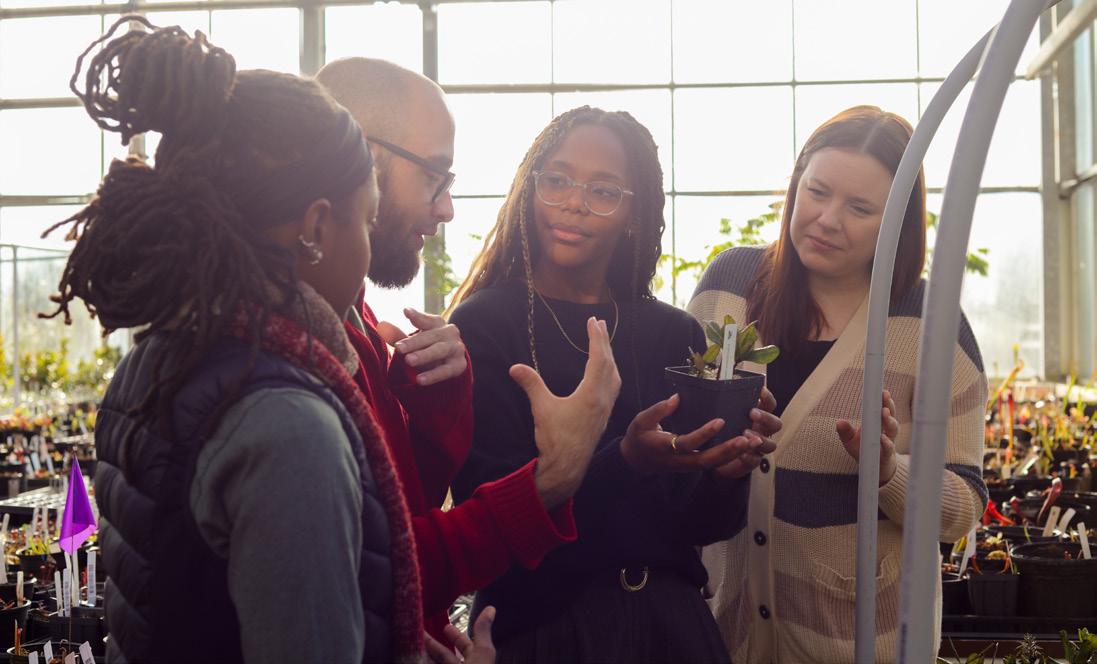
NETWORKS ACCREDITATIONS
The Garden actively participates in numerous regional, national, and international networks. The Garden has also received several accreditations and certifications in recognition of being a world-class conservation and research institution.
1. Southeastern Plant Conservation Alliance (SE PCA), lead institution
2. Center for Plant Conservation (CPC) Institutional Conservation Partner member
3. Convention on International Trade in Endangered Species of Wild Fauna and Flora (CITES)
• CITES Certificate of Scientific Exchange (COSE)
4. International Union for the Conservation of Nature (IUCN)
• Member institution
• IUCN Species Survival Commission
• Orchid Specialist Group
• Global Trees Group
• Seed Conservation Group
5. Botanic Gardens Conservation International (BGCI)
• Global Conservation Consortium for Magnolia (GCCM), lead institution
• Caribbean and Central American Botanic Gardens (CCABG) Network Member
• BGCI Advanced Conservation Practitioner Accreditation
6. American Public Gardens Association (APGA)
• Excellence in Biodiversity and Conservation
7. North American Orchid Conservation Center member
8. Georgia Plant Conservation Alliance co-founding organization
TRAINING PROFESSIONAL DEVELOPMENT
The Garden aims to foster the next generation of plant scientists and conservationists. Professional development opportunities include volunteering, paid internships, training for early-career professionals, and graduate degree mentorship. Past interns and mentees have gone on to pursue graduate degrees and careers in academic, non-profit, and government organizations.
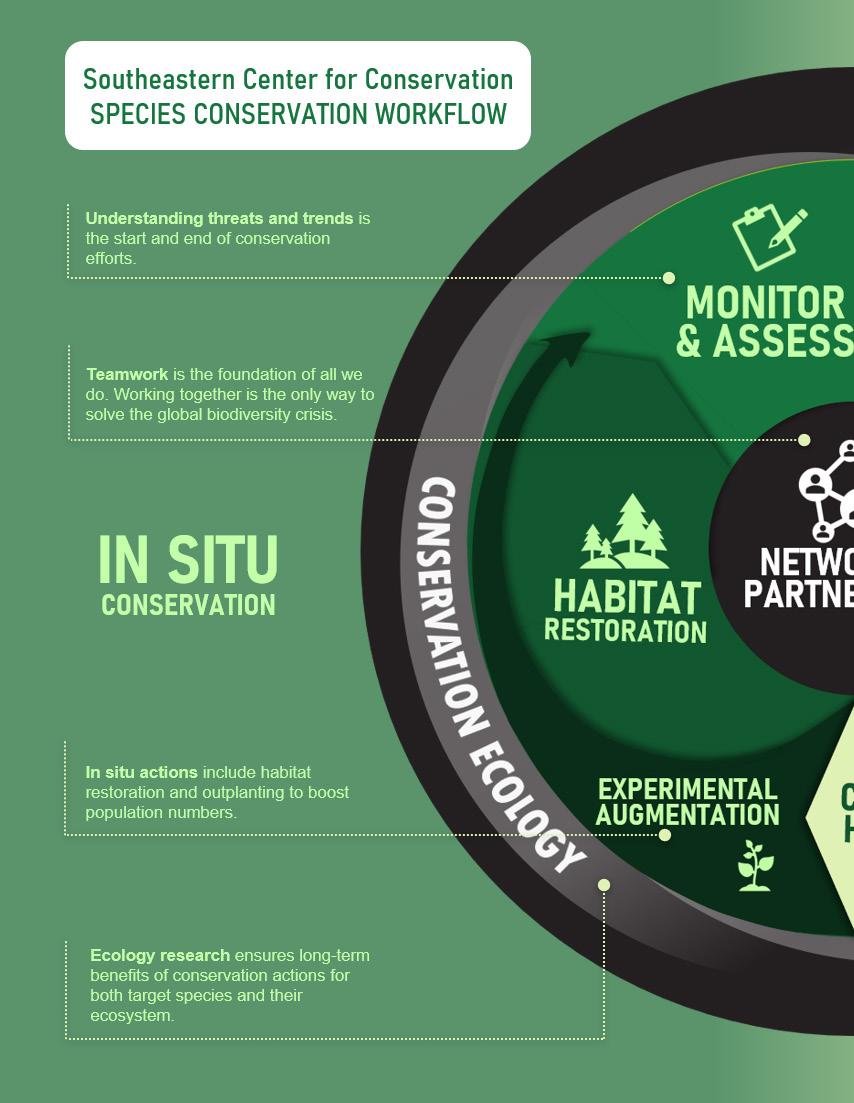
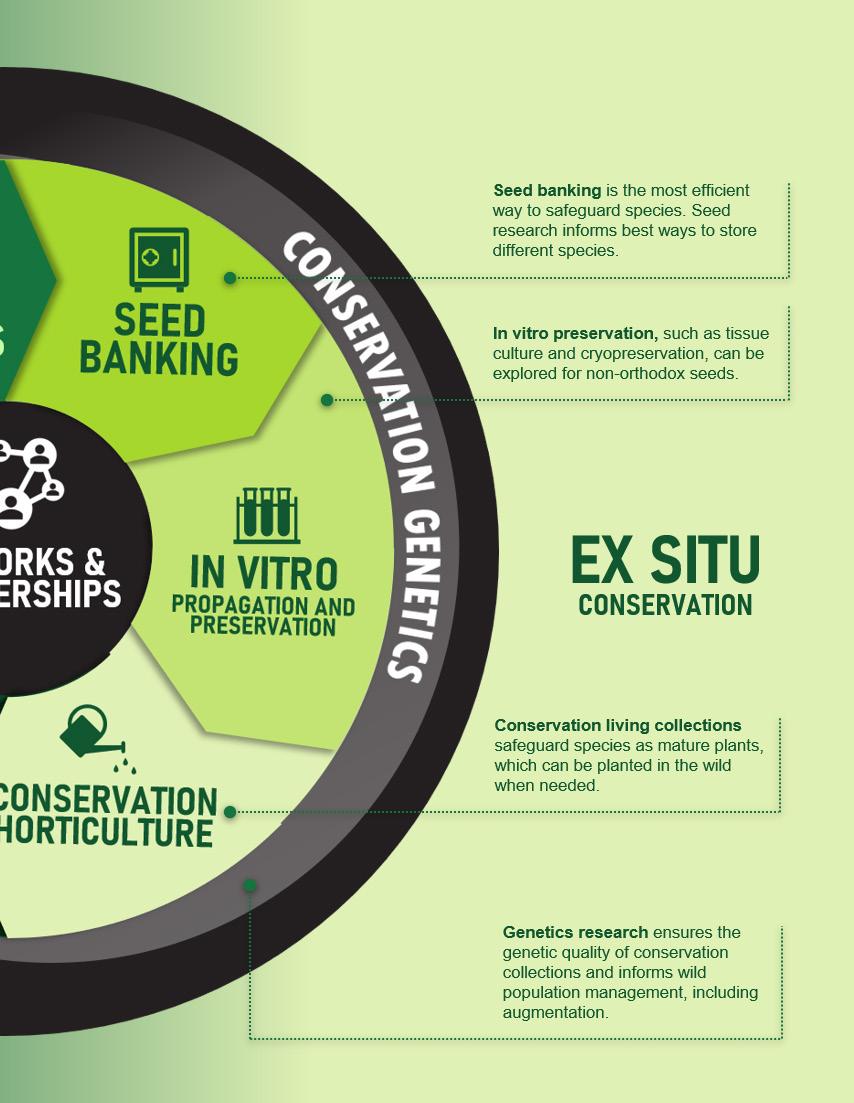
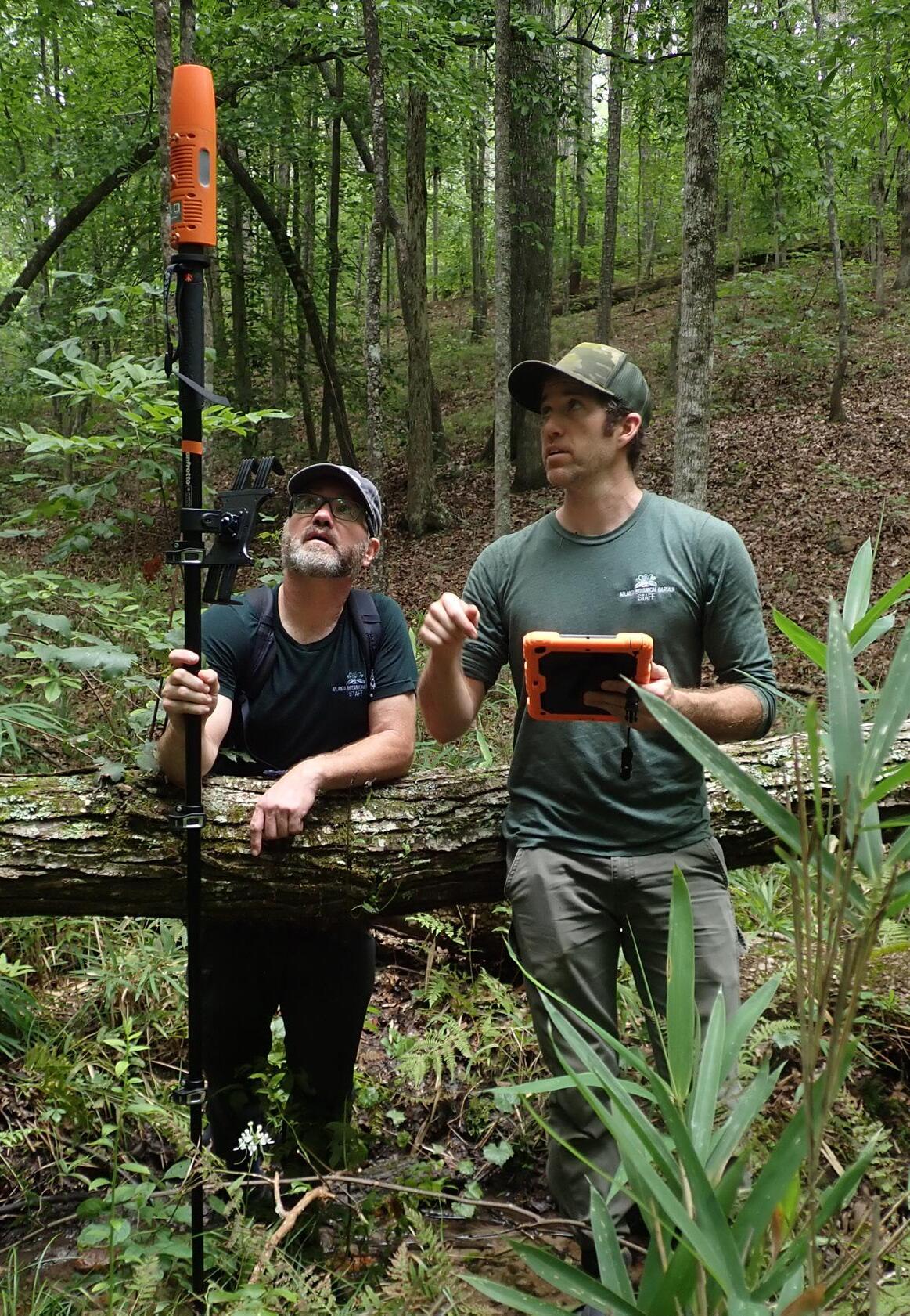
NETWORKS & PARTNERSHIPS
The Center’s work is possible only through strong partnerships with numerous other botanical gardens, government agencies, Tribal Nations, universities, and nonprofit organizations. The Center also currently leads two major conservation partnership networks. The Southeastern Plant Conservation Alliance is made up of public and private conservationists working together to prevent the loss of plant diversity in the southeastern United States. The Global Conservation Consortium for Magnolia is a worldwide network of institutions that collaborate to prevent the extinction of the world’s magnolia species.
MONITOR & ASSESS
The Center’s Field Biologists are trained to locate and census plant populations, and record population threats and trends. The Garden has helped to support the monitoring efforts of state and national partners for dozens of tracked rare and threatened species. Bluetooth Global Navigation Satellite System (GNSS) receivers with sub-meter accuracy are used to log plant and habitat locations, providing precise and in-depth provenance data that supports research and collections management. Drones are used for remote sensing in inaccessible areas.
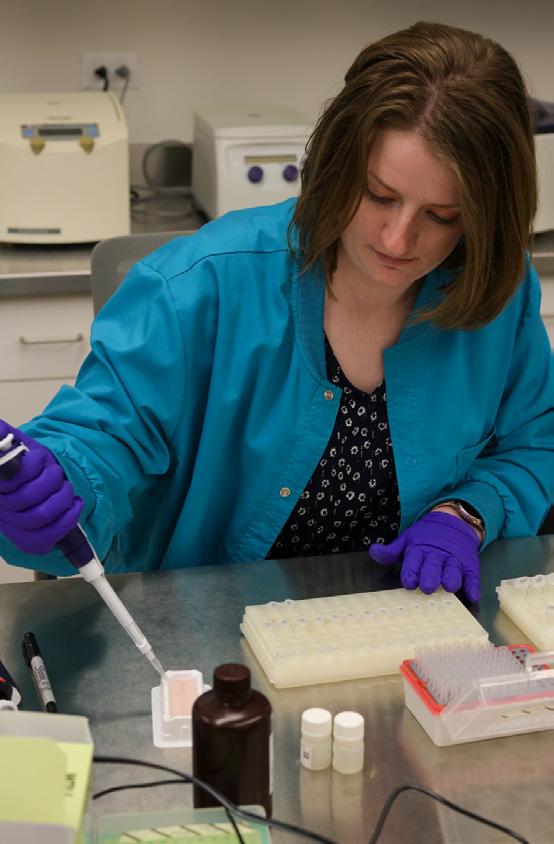
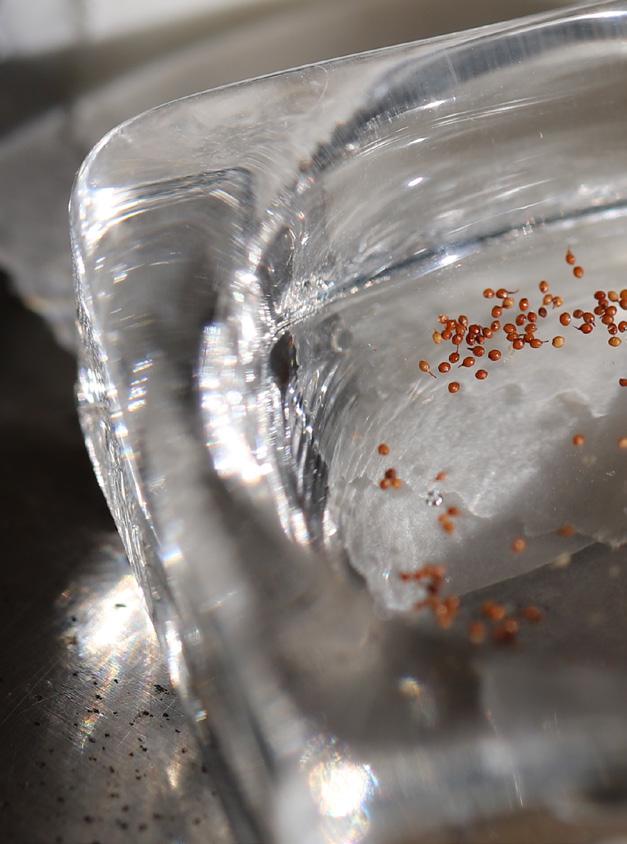

CONSERVATION GENETICS
The Center’s conservation genetics team works to inform many areas of conservation, including the genetic structure of in situ populations, genetic representation in ex situ collections, phylogenetics, species delimitation, and more. The Center has a fully equipped Conservation Genetics Laboratory for gathering genome-scale data to address these research areas. The Conservation Genetics Laboratory also houses the Conservation DNA Biorepository, which contains thousands of DNA and leaf tissue samples for over 800 plant species of conservation concern.
CONSERVATION ECOLOGY
The Center’s ecology researchers examine how the environment influences the distribution and abundance of threatened species to inform conservation actions. Areas of research include demography, niche modeling, ecological succession and disturbance, plant-fungal interactions, plantanimal interactions, and climate change. Experiments include vegetation thinning, prescribed fire, herbivore exclusion, pollination, and fungicide treatments.

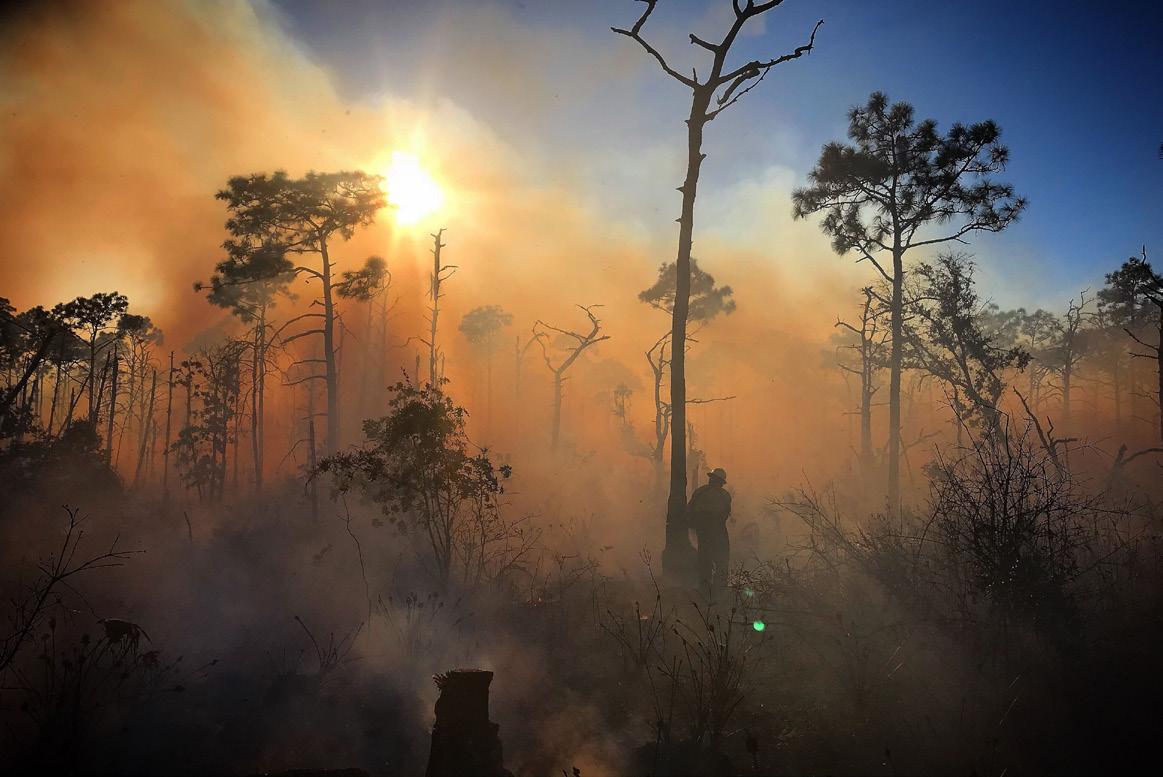
SEED BANKING
The Center’s Conservation Seed Bank is one of the largest in the Southeast, with over 5,000 accessions of 300,000 seeds comprising more than 600 taxa, including 100 globally rare and endangered species. The Center’s research informs the best ways to store seeds for ex situ conservation and germinate seeds for effective in situ conservation. The Center maintains genetically diverse collections of high conservation value by requiring that all incoming seeds be tracked by maternal line based on Center for Plant Conservation guidelines.
EXPERIMENTAL AUGMENTATION & HABITAT RESTORATION
The Center conducts experimental population augmentation based on findings from long-term monitoring, conservation ecology, and conservation genetics, which ensures that augmentation will be effective in the long term. Center staff also conduct habitat restoration projects, ranging from small-scale forest thinning treatments in Appalachian forests to large-scale woody vegetation clearing and prescribed fires in Florida wetlands.
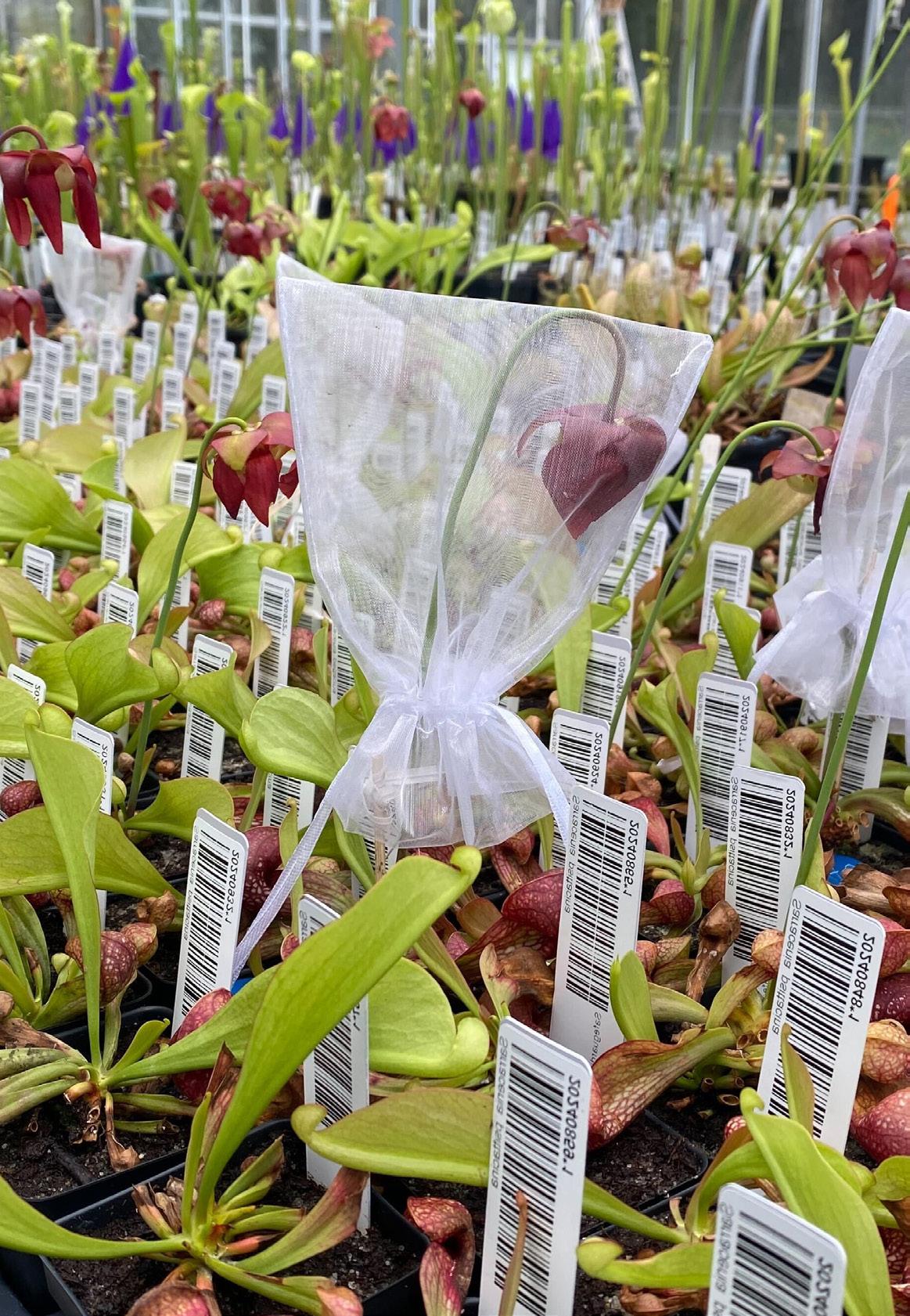
CONSERVATION HORTICULTURE
A team of dedicated conservation horticulturists manages the Center’s 7.5-acre Conservation Safeguarding Nursery, conservation greenhouses, and native seed production beds, which together contain over 10,000 plants comprising over 300 taxa. This includes the Atlanta Botanical Garden’s nationally accredited collection of North American pitcher plants (genus Sarracenia). The Center maintains genetically diverse horticulture collections of high conservation value by adhering to Center for Plant Conservation guidelines.
IN VITRO PROPAGATION & PRESERVATION
The Center’s Micropropagation Lab supports tissue culture and orchid seed germination. Micropropagation propagules can be stored in a relatively small space and are a way to safeguard species with seeds that are recalcitrant to longterm storage. The Center also examines methods to improve micropropagation success and storage of propagules through cryopreservation in liquid nitrogen.
